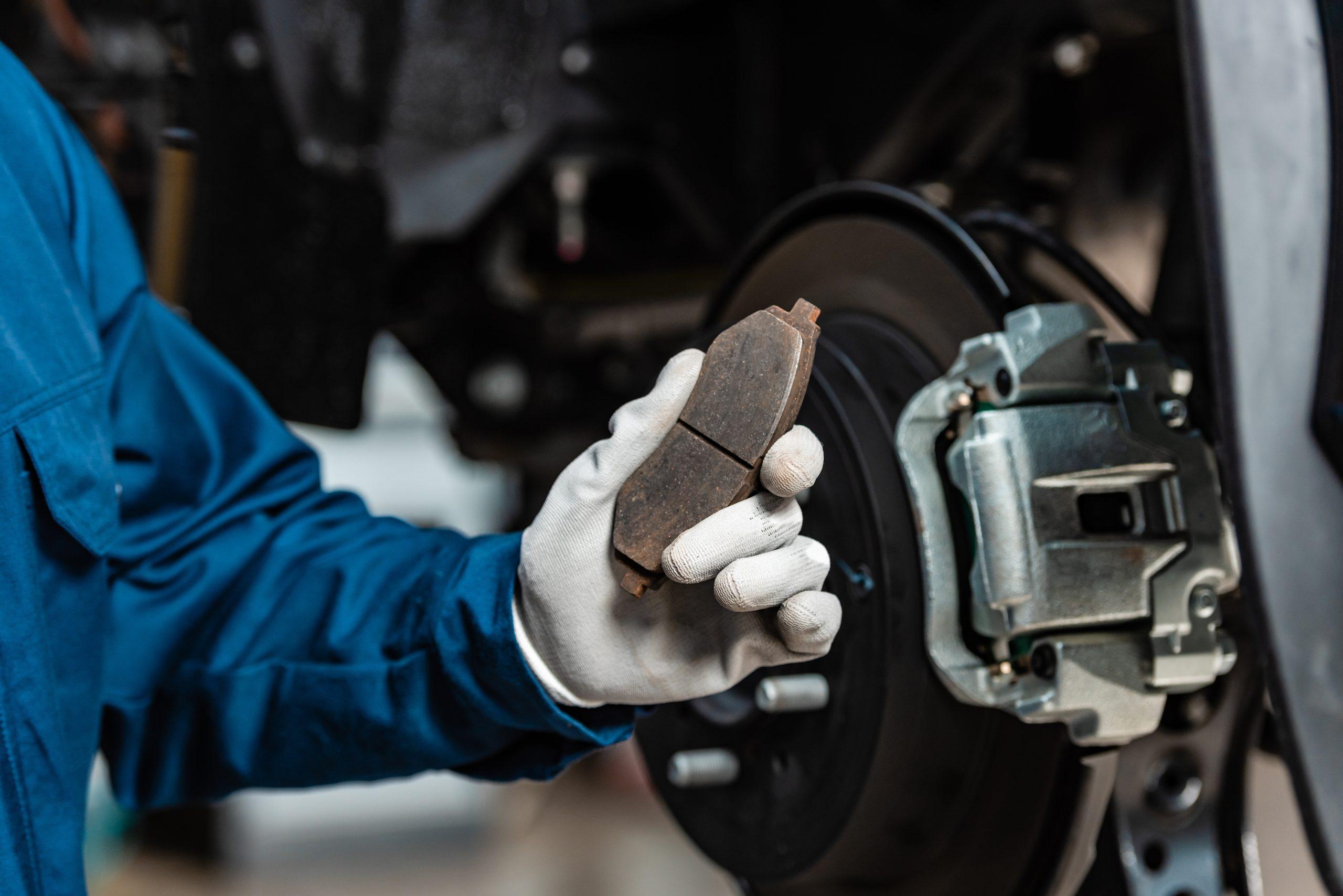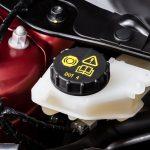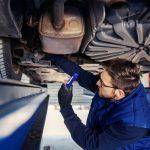
Why Do My Brakes Make Squeaky Noises?
- Harbor Brakes
- December 29, 2023
- Brakes
- brake disc, brake fluid, brake maintenance, brake pads, brake repair, brake rotors, brake service, brakes, pads, rotors
A Deep Dive into Brake Noises
Every driver has experienced it at some point—the unsettling squeak of their car’s brakes. This sound, while common, is often misunderstood. Let’s explore the reasons behind these squeaky noises and how to effectively address them.
The Science Behind the Squeak
The science of brakes is fascinating. As you press the brake pedal, a complex system springs into action, often resulting in various sounds, including that characteristic squeak.
Brakes at Work: Friction and Force
- Friction in Action: When brake pads press against rotors, friction is created. This friction, while slowing your vehicle, also generates sound and heat.
- The Inevitability of Noise: Some level of noise is a natural byproduct of the braking process, given the materials and forces involved.
Decoding the Squeak: Common Culprits
Several factors can cause your brakes to squeak. Understanding these can help you identify when it’s a minor issue versus a sign of something more serious.
When Brake Pads Show Their Age
- The Tale of Wearing Pads: Brake pads wear down over time. When they get too thin, they can cause a squeaking sound, often a sign that they need replacing.
- The Warning Indicator: Many brake pads have built-in metal tabs that produce a squeaking sound as a warning sign of low pad material.

The Composition Factor: Types of Brake Pads
- Metallic vs. Ceramic: High-metallic brake pads can be noisier than their ceramic counterparts, albeit often providing better performance.
Rotor-Related Rhythms
- The Role of Rotors: Rotors can contribute to brake noise. Issues like rust buildup or uneven wear can lead to squeaky sounds when braking.
Beyond the Pads and Rotors: Environmental Influences
Your environment plays a role in how your brakes sound.
Weather and Wear
- Moisture Matters: Damp conditions can lead to rust formation on rotors, which might squeak until the rust is worn off.
- Debris and Dust: Accumulation of various materials can also lead to noise when braking.
The Fluid Factor: Can Brake Fluid Cause Squeaks?
While brake fluid is vital for brake function, it’s not a direct contributor to squeaking. However, inadequate brake fluid can affect overall brake efficiency, potentially leading to issues including noise.
Maintaining the Lifeblood of Your Brakes
- Hydraulic Harmony: Proper brake fluid levels are crucial for maintaining the effectiveness of your braking system.
- Fluid Integrity: Regular checks and changes can prevent contamination and degradation of brake fluid.

Squeak Diagnosis: When to Consult the Experts
If your brakes start squeaking, it’s important to get to the root of the issue.
The Importance of Professional Insights
- Expert Analysis: A professional can assess your brakes, from pads to fluid, to determine the cause of the squeak.
- Holistic Health Check: This includes a comprehensive review of the entire braking system.
Proactive Steps: Preventing the Squeak
Preventive maintenance is key in avoiding the dreaded brake squeak.
Regular Check-Ups and Choices
- Scheduled Surveillance: Regularly monitoring your brakes can prevent many issues before they escalate.
- Material Matters: Opting for the right type of brake pad can reduce the likelihood of noise.

Wrapping Up: Silence the Squeak for Safety and Comfort
Squeaky brakes, while common, should never be ignored. Regular checks, understanding the causes, and seeking professional help are essential.

Facing brake squeaks? Reach out to Harbor Brakes and Auto Repair. We’ll ensure your brakes are not just quiet, but also safe and reliable.

